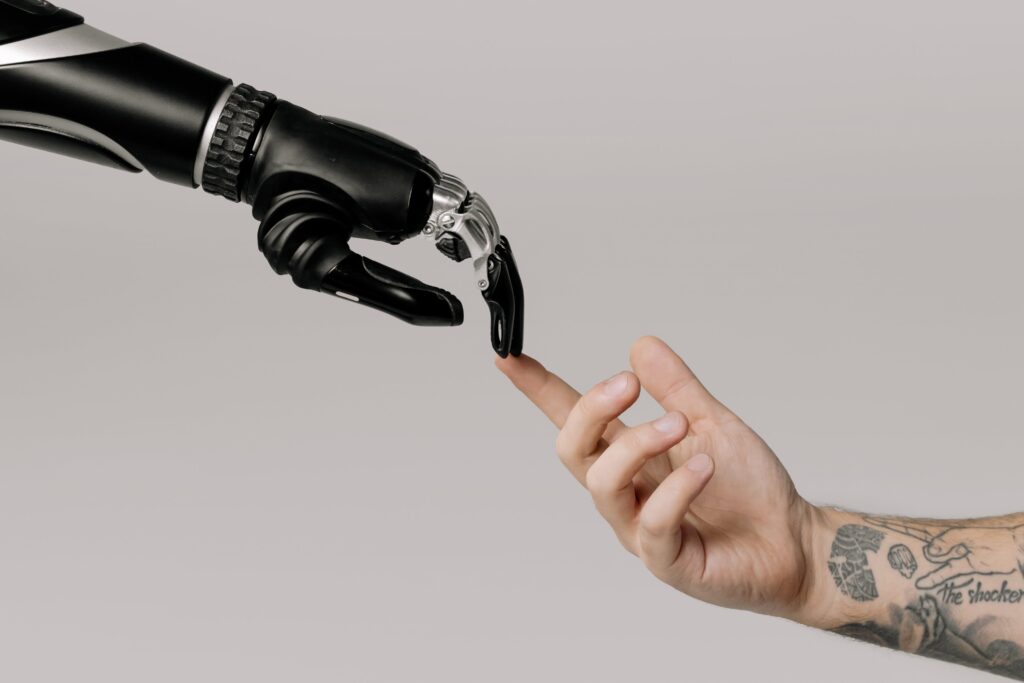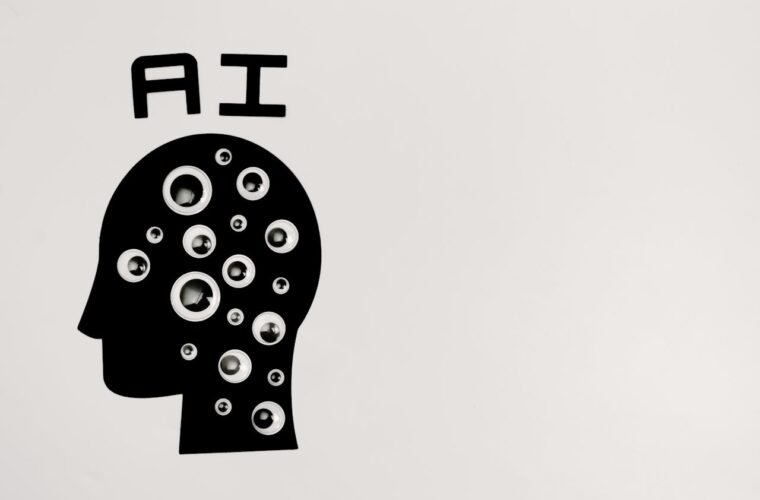G7 leaders have endorsed International Guiding Principles on Artificial Intelligence (AI) and a voluntary Code of Conduct for AI developers. The move complements the EU’s ongoing efforts to establish legally binding rules through the EU AI Act.
The European Commission welcomes the agreement by G7 leaders on International Guiding Principles on Artificial Intelligence (AI) and a voluntary Code of Conduct for AI developers under the Hiroshima AI process. These principles and the voluntary Code of Conduct will complement, at an international level, the legally binding rules that the EU co-legislators are currently finalising under the EU AI Act. President of the European Commission, Ursula von der Leyen, was among those who subscribed to the G7 leaders’ statement – which you can download here – issued by the 2023 Japan G7 presidency.
President von der Leyen said: “The potential benefits of Artificial Intelligence for citizens and the economy are huge. However, the acceleration in the capacity of AI also brings new challenges. Already a regulatory frontrunner with the AI Act, the EU is also contributing to AI guardrails and governance at global level. I am pleased to welcome the G7 international Guiding Principles and the voluntary Code of Conduct, reflecting EU values to promote trustworthy AI. I call on AI developers to sign and implement this Code of Conduct as soon as possible.”
Ensuring the safety and trustworthiness of the technology
The eleven Guiding Principles adopted by the leaders of the seven countries and the EU, which make up the G7, guide organisations developing, deploying and using advanced AI systems, such as foundation models and generative AI, to promote the safety and trustworthiness of the technology. They also include commitments to mitigate risks and misuse and identify vulnerabilities, encourage responsible information sharing, reporting of incidents, and investment in cybersecurity, and a labelling system to enable users to identify AI-generated content.
Informed by the results of a stakeholder survey, these principles have been jointly developed by the EU with the other G7 members under the Hiroshima Artificial Intelligence Process. The Guiding Principles have served as the basis for compiling a Code of Conduct, providing detailed and practical guidance for organisations developing AI. The voluntary Code of Conduct will also promote responsible governance of AI globally. Both documents will be reviewed and updated as necessary, including through inclusive multistakeholder consultations, to ensure they remain fit for purpose and responsive to this rapidly evolving technology. The G7 leaders have called on organisations developing advanced AI systems to commit to applying the International Code of Conduct. The first signatories will be announced shortly.

Background
G7 leaders have endorsed International Guiding Principles on Artificial Intelligence (AI) and a voluntary Code of Conduct for AI developers. The move complements the EU’s ongoing efforts to establish legally binding rules through the EU AI Act.
The European Commission welcomes the agreement by G7 leaders on International Guiding Principles on Artificial Intelligence (AI) and a voluntary Code of Conduct for AI developers under the Hiroshima AI process. These principles and the voluntary Code of Conduct will complement, at an international level, the legally binding rules that the EU co-legislators are currently finalising under the EU AI Act. President of the European Commission, Ursula von der Leyen, was among those who subscribed to the G7 leaders’ statement – which you can download here – issued by the 2023 Japan G7 presidency.
President von der Leyen said: “The potential benefits of Artificial Intelligence for citizens and the economy are huge. However, the acceleration in the capacity of AI also brings new challenges. Already a regulatory frontrunner with the AI Act, the EU is also contributing to AI guardrails and governance at global level. I am pleased to welcome the G7 international Guiding Principles and the voluntary Code of Conduct, reflecting EU values to promote trustworthy AI. I call on AI developers to sign and implement this Code of Conduct as soon as possible.”
Ensuring the safety and trustworthiness of the technology
The eleven Guiding Principles adopted by the leaders of the seven countries and the EU, which make up the G7, guide organisations developing, deploying and using advanced AI systems, such as foundation models and generative AI, to promote the safety and trustworthiness of the technology. They also include commitments to mitigate risks and misuse and identify vulnerabilities, encourage responsible information sharing, reporting of incidents, and investment in cybersecurity, and a labelling system to enable users to identify AI-generated content.
Informed by the results of a stakeholder survey, these principles have been jointly developed by the EU with the other G7 members under the Hiroshima Artificial Intelligence Process. The Guiding Principles have served as the basis for compiling a Code of Conduct, providing detailed and practical guidance for organisations developing AI. The voluntary Code of Conduct will also promote responsible governance of AI globally. Both documents will be reviewed and updated as necessary, including through inclusive multistakeholder consultations, to ensure they remain fit for purpose and responsive to this rapidly evolving technology. The G7 leaders have called on organisations developing advanced AI systems to commit to applying the International Code of Conduct. The first signatories will be announced shortly.



